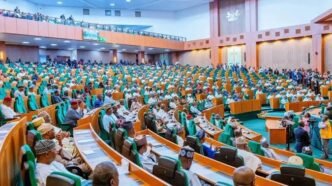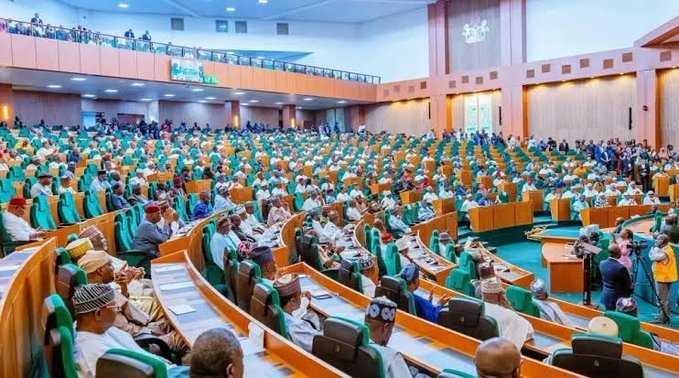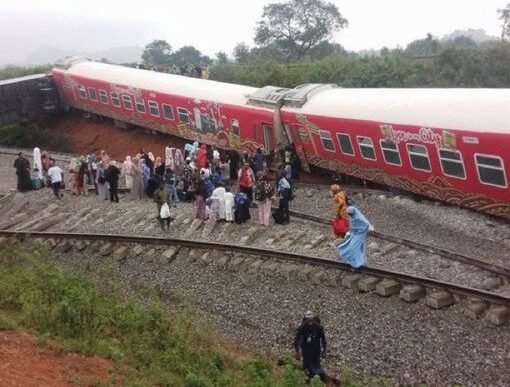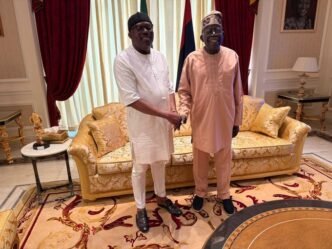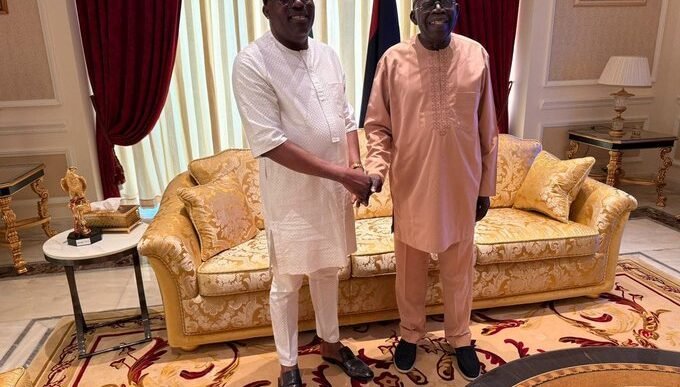Abuja, Nigeria – The House of Representatives has directed the Accountant-General of the Federation (AGF), Shamseldeen Ogunjimi, to provide a comprehensive breakdown of all payments made to contractors from the ₦2.4 trillion recently released by the Federal Government for project execution across the country.
The resolution followed concerns raised by lawmakers regarding transparency, accountability, and the need to ensure that taxpayer funds are being utilized for the intended developmental purposes.
The demand signals the parliament’s growing scrutiny of government spending amid rising debt levels, revenue shortfalls, and public pressure for improved infrastructure delivery.
Lawmakers Seek Accountability
During Monday’s plenary session, members of the House expressed concerns about how the ₦2.4 trillion disbursement was handled, with many stressing that details of the contractors, projects, and payment schedules have not been made available to the National Assembly or the Nigerian public.
Speaker Abbas Tajudeen, who presided over the session, emphasized that accountability is at the heart of democratic governance.
“The House of Representatives will not shy away from its constitutional mandate to oversee how public funds are expended. The Accountant-General must provide a clear and detailed record of which contractors were paid, how much was paid to each, and the specific projects tied to these disbursements,” the Speaker declared.
According to him, Nigerians deserve to know whether the funds allocated for roads, schools, hospitals, and other essential infrastructure are actually being utilized effectively.
Why the Breakdown Matters
The ₦2.4 trillion fund release, announced earlier this month by the Federal Government, was described as part of a strategic push to accelerate capital project execution and stimulate economic growth. However, concerns quickly surfaced about the opacity of the process.
Lawmakers argue that without a transparent breakdown of payments, it becomes difficult to track progress or hold contractors accountable. Many fear that the absence of transparency could fuel corruption, project abandonment, and mismanagement of scarce resources.
Chairman of the House Committee on Public Accounts, Bamidele Salam, noted that the demand was not an attempt to witch-hunt the executive but rather a necessary step to build public trust.
“When such huge sums are released into the economy, citizens expect results. They want to see functional roads, improved healthcare, and modernized schools. Our duty is to ensure that funds are not diverted, misapplied, or wasted on white elephant projects,” Salam stated.
Ogunjimi Under Pressure
The directive now places the Accountant-General, Shamseldeen Ogunjimi, under immense pressure to deliver a detailed report within a stipulated timeframe.
Lawmakers insisted that the report must include:
- The list of all contractors paid.
- The projects tied to the payments.
- The amounts disbursed to each contractor.
- The timelines for project completion.
- Evidence of compliance with due process and procurement laws.
Failure to comply, members warned, could result in summons or other legislative actions against the Accountant-General’s office.
Past Concerns Over Contractor Payments
Nigeria has long struggled with issues related to project execution and contractor payments. Several government audits and probes have uncovered patterns of inflated contracts, duplicate payments, abandoned projects, and ghost contractors.
For instance, a previous report by the Office of the Auditor-General of the Federation flagged discrepancies in the way funds were allocated and utilized in capital projects across ministries. Many lawmakers now fear that the current ₦2.4 trillion could fall into similar traps if stringent oversight is not enforced.
A civil society coalition, BudgIT Foundation, recently warned that Nigeria’s infrastructure deficit continues to widen partly because funds meant for capital projects are often mismanaged or not properly accounted for.
Public Expectations Rising
The demand for transparency from the House aligns with growing public calls for accountability in government spending. Nigerians, grappling with high inflation, unemployment, and rising costs of living, are increasingly skeptical about large-scale government spending that does not translate into visible improvements.
A trader in Lagos, Mrs. Grace Ajayi, expressed frustration:
“Every year we hear billions and trillions are spent on projects, but we hardly see the results. Our roads are still bad, hospitals are under-equipped, and schools are in poor condition. If the government has truly released ₦2.4 trillion, we need to see where that money went.”
Similarly, a civil servant in Abuja, Mr. Musa Adamu, said the House’s demand is timely.
“It is only fair that Nigerians are told which contractors got paid. Too many times, projects are abandoned halfway. This oversight may finally bring some seriousness to the system.”
Executive-Legislature Tensions
The move by the House could also set the stage for renewed tensions between the National Assembly and the executive arm of government. While the legislature insists on accountability, the executive often argues that oversight must not translate into micromanagement of ministries, departments, and agencies (MDAs).
Analysts suggest that if properly handled, the development could foster greater synergy between the two arms of government. But if politicized, it could further strain relations, slowing down project execution.
Experts Call for Transparent Systems
Economists and governance experts believe that digitization and open data platforms are key to improving accountability in Nigeria’s public finance management.
Professor Uche Uwaleke, a financial economist, argued that beyond ad hoc requests for reports, Nigeria must institutionalize transparent systems where the public can track government payments and projects in real time.
“The National Assembly is right to demand accountability, but we need a more permanent solution. An open budget and procurement system, where details of all projects and payments are published online, would eliminate the culture of secrecy,” he said.
Implications for Contractors
For contractors, the House’s directive may bring both opportunities and challenges. While genuine contractors may welcome the scrutiny as a way to level the playing field, others who thrive on inflated or ghost contracts could find themselves exposed.
Industry insiders also noted that prompt and transparent payment records could boost contractors’ confidence, encourage timely project delivery, and improve Nigeria’s ranking in global ease of doing business metrics.
What Happens Next
The House has given the Accountant-General a window of time to submit the requested breakdown. The Public Accounts Committee and other relevant committees are expected to scrutinize the documents thoroughly before presenting a report back to the plenary.
Depending on the findings, lawmakers could summon contractors, ministry officials, or even recommend sanctions for violations of due process.
Observers note that how the Accountant-General responds could set a precedent for future releases of government funds.
Conclusion
The House of Representatives’ demand for a detailed breakdown of the ₦2.4 trillion payments to contractors underscores Nigeria’s persistent struggle for transparency in public finance. It also highlights the legislature’s resolve to ensure that taxpayers’ money translates into tangible projects that improve lives.
For Nigerians who have long endured the consequences of poor infrastructure and abandoned projects, the directive offers a glimmer of hope that accountability might finally take center stage in government spending.
As the nation awaits the Accountant-General’s report, the question remains: will this move mark a turning point in Nigeria’s fight against financial mismanagement, or will it be another unresolved inquiry in a long history of unaccounted billions?

